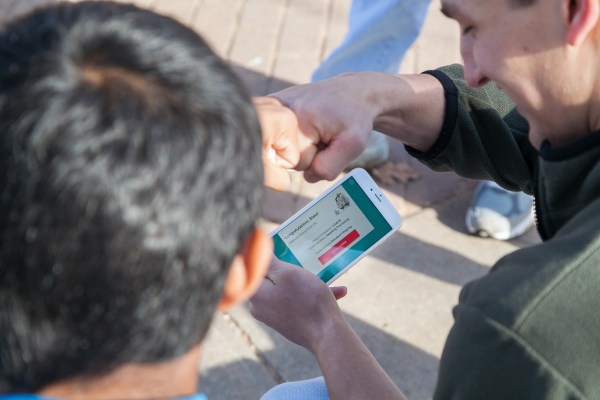Although self-driving vehicles feel like a near future reality, people still need driver’s licenses to get around independently in cars today.
Now, an Austin, Texas startup called Aceable has raised $4 million in Series A funding to deliver driver’s education in a mobile app. Silverton Partners and Floodgate Ventures co-led the round.
Aceable’s app alleviates the need for drivers (or would-be drivers) to attend courses in person and on someone else’s schedule. Once they take a driver’s ed course via Aceable, users typically have to go take a final driving and written test at their local Department of Motor Vehicles.
Floodgate founding partner Mike Maples Jr. said his firm appreciated Aceable’s focused approach to education and invested in the Series A because the startup has executed well on its initial plans. Floodgate also backed edtech companies Chegg and Clever.
“Aceable has shown early signs of being a ‘capitalist mutation.’ Other companies have tended to pick ed-tech segments that are obvious and crowded…When you think about it in hindsight, it’s obvious: If you want to drive, you have to take drivers’ ed and this applies at all times, not just during high school and college,” Maples said.
Not all states accept digital education for licensure. But many do, and Aceable is already operational with local, regulatory approvals in: Texas, Florida, California, Ohio and Illinois.
The company will be expanding to Georgia, Pennsylvania, Nevada and Indiana over the next year. Additionally, Aceable plans to use its funding to develop curriculum beyond driver’s ed, said CEO and founder Blake Garrett.

Aceable CEO Blake Garrett.
That makes sense, in part because younger generations are not as likely to get driver’s licenses as their elders. Blame it on everything from ridesharing to hoverboards. But one University of Michigan study found that just 24.5% of 16 year olds had a driver’s license in 2014, a drop from 46.2% in 1983.
Luckily for Aceable’s long-term prospects, an estimated 25% of jobs in the U.S. require certifications of some kind. Examples include real estate agents, nurses, personal fitness trainers and bartenders.
The company is evaluating nascent industry segments too, Garrett said.
For example, commercial drone operators in the U.S. have to pass an aeronautical knowledge test and register their unmanned aerial vehicles with the FAA. And owners and operators of marijuana dispensaries require different training and certifications depending on state laws.
Updates: Investors’ comments were added to this post.
